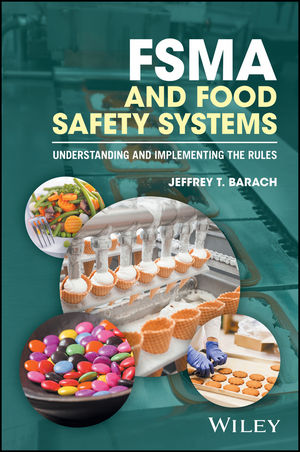The regulatory reform environment of the Trump Administration

During the tumultuous first year of the Trump Administration, the untold story has been the significant efforts to mitigate the numerous regulatory overreaches by the Obama Administration. By some estimates, the overall regulatory overreach of the Obama Administration has been conservatively scored in excess of $1.7 trillion in lost economic opportunity. In simpler terms, that was $1.7 trillion in lost jobs, wages, business investment and innovation.
A year after the introduction of the new administration, and with a major tax bill to boot, the economy has been relieved of much of the Obama Administration overreach and is now ironically starting to raise concerns about too much economic growth. The recent volatility in the stock market is just an indicator of how even the most-optimistic analysts might have underestimated the growth potential. Time will tell.
For me, the overarching takeaway is how to take advantage of the new regulatory reform environment to protect the baking and food industry overall from potential regulatory overreach in a responsible and reasonable way. For the first time since the 1990s, broad reforms on how the federal government promulgates regulations are being discussed. Clearly, the president’s two-for-one regulatory trade-in—requiring federal agencies to eliminate two rules for every new rule they issue—is having an impact, but other ideas, such as extending small business and realistic regulatory cost assessments to agencies such as the Environmental Protection Agency (EPA), are under consideration. Also, the American Bakers Association (ABA) recently offered specific suggestions to streamline and enhance the FDA regulatory process.
Senator Ron Johnson (R-WI) is intent on addressing the regulation by guidance that was so enamored the Obama Administration. The numerous “guidance” documents promulgated by FDA, EPA, the Occupational Safety and Health Administration (OSHA) and others had the force of law without the customary and necessary input from regulatory stakeholders or, frankly, congressional oversight. Senator Johnson’s legislation would significantly curtail this practice.
Regulatory reforms that would avoid future regulatory overreach and the corresponding drag on the economy include a stronger reliance upon sound scientific research, commonly accepted (except in the federal government) cost-benefit analysis, greater transparency and honest economic impact analysis on regulatory agencies. These reforms, while not likely to garner breaking news hashtags, in conjunction with Congress fulfilling its regulatory oversight and review function, would be greatly welcomed.
All too often in the dry and dull world of the regulatory process—a process the Obama Administration used to great advantage—the system is gamed by narrow special interests grinding their own pet axes (mixed metaphors intended). Now is the time to implement common sense reforms to the federal regulatory system that will restore integrity and confidence in the outcome. Throughout this process, ABA is relying on its members to provide data, research and examples to help advance sound regulatory reform.
Looking for a reprint of this article?
From high-res PDFs to custom plaques, order your copy today!









